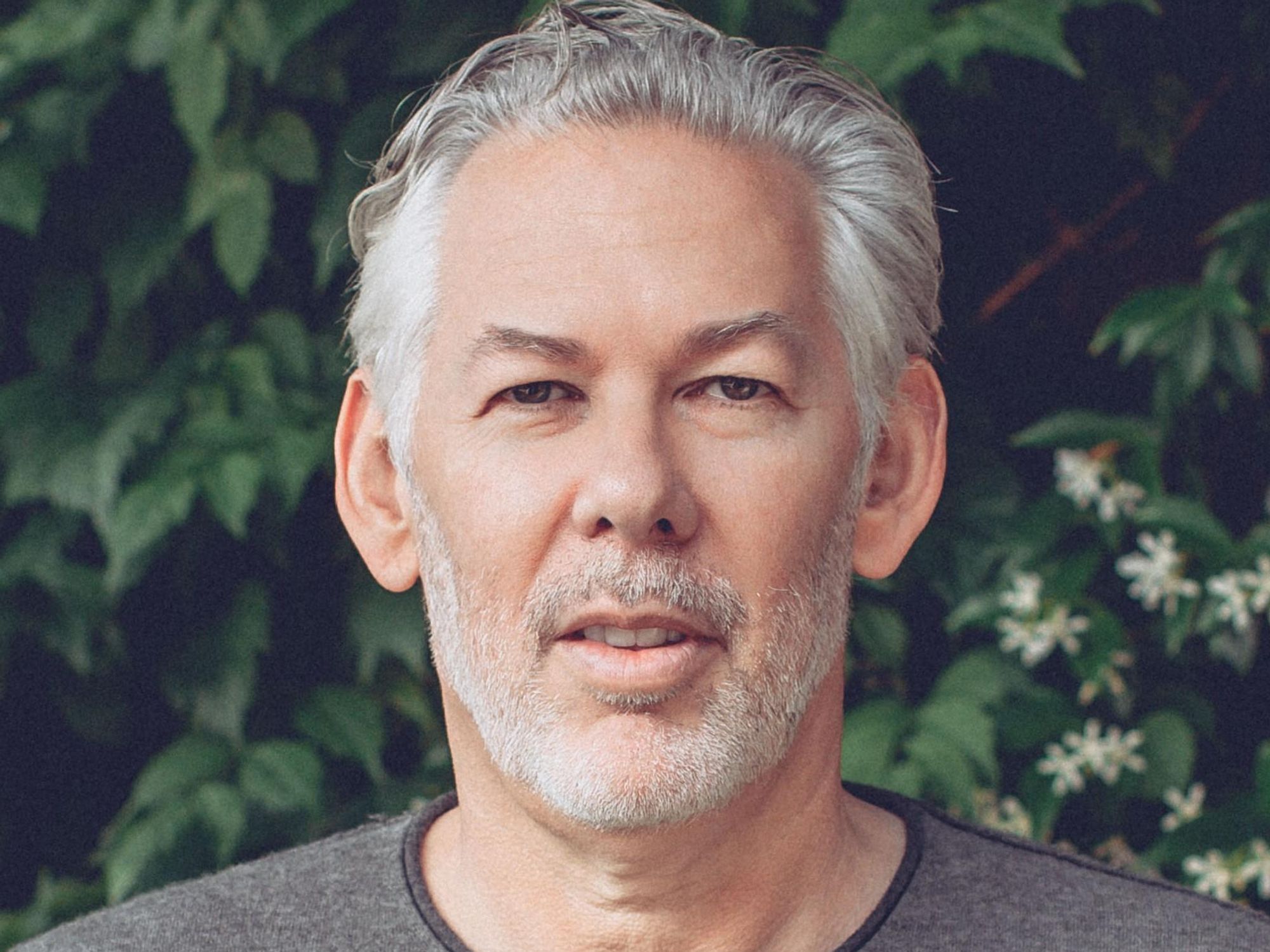Pitbull Ventures’ Brad Zions Is a Seed-Stage Investor and a Web3 Skeptic

Brad Zions saw Web 1.0 flourish—and he doesn’t think Web3 has the same lasting power.
On this episode of the LA Venture podcast, the founder of Pitbull Ventures discusses his career, from his early work at AOL to founding Lemonade restaurants to becoming an angel investor and critic of Web3 speculation.
Pitbull Ventures is an L.A.-based, $10 million pre-seed and seed-stage fund that’s so far invested in 31 startups.
“I am a non-thesis driven investor,” Zions said. “I'm a sector-agnostic investor. So I'll do almost anything except for Web3 or crypto.”
Zions said he tends to invest across different “mini-themes” instead of investmenting in a single overarching theme. Food tech (including software and robotics) are among the mini-themes he’s aiming at in Pitbull’s current fund. Additionally, he said he often taps older founders, which he says gives him a competitive advantage over investors who zero in on “boy wonders.”
“I'm constantly adjusting the lens because that's what's so interesting about early-stage venture, where you make these bets and it takes years to find out if it was a good bet,” Zions said. “So you're constantly readjusting.”
Zions got his start in tech at AOL in 1994, working in its technology division before eventually overseeing the company’s European expansion. He said Europe was behind the United States in terms of internet development, and he had to work with consumers who didn’t know how dial-up internet access worked.
After leaving AOL, Zions moved to the Bay Area and met legendary investor Ron Conway, who was just getting set up as an angel investor. Zions invested in Conway’s first fund, which had its eye on (and eventually invested in) “this little company called Google.”
“With regard to my investing both as an angel and now as a VC,” Zions said, “I feel like I learned a lot from Ron and from being around that fund in the early days.”
He eventually co-founded Lemonade, a fast-casual restaurant chain, and explored the film industry as the producer on the independent film “Kissing Jessica Stein,” which was eventually sold to Fox Searchlight. Both the restaurant industry and the film industry, he said, required quite a bit of luck, but the magnitude of a successful outcome is not as great as it can be investing in tech.
“I would say that the odds of you investing in a company that becomes a unicorn [or] becomes a huge business are probably similar to the odds that you put money into an independent film, and it gets into a film festival, wins all the awards like we did, and then gets bought,” he said.
An even riskier investment, according to Zions, is Web3.
Many proponents of crypto point to the internet’s early days (and the dotcom bubble) as evidence that crypto can make a resurgence. Zions said he doesn’t see in Web3 the same potential that was evident in the early dotcom days, though he doesn’t rule it out completely. For now, he thinks too many people are excited about crypto for the wrong reasons.
“There is tremendous energy in this space. I think, unfortunately, a lot of the energy is driven by just naked greed,” he said. “There are definitely people who are there probably for the right reasons. And maybe they will come up with a use case again. I have yet to see one.”
dot.LA editorial intern Kristin Snyder contributed to this post.
Click the link above to hear the full episode, and subscribe to LA Venture on Apple Podcasts, Stitcher, Spotify or wherever you get your podcasts.
- Pitbull Ventures Investor Profile: Portfolio & Exits | PitchBook ›
- Brad Zions - IMDb ›
- Pitbull Ventures - Crunchbase Investor Profile & Investments ›
- Pitbull Ventures Portfolio Investments, Pitbull Ventures Funds, Pitbull ... ›
- Pitbull, looking for the next start-up investment, likes biotech ›
- Brad Zions - Founder and GP @ Pitbull Ventures - Crunchbase ... ›



 Image Source: Skyryse
Image Source: Skyryse
 Image Source: Northwood Space
Image Source: Northwood Space